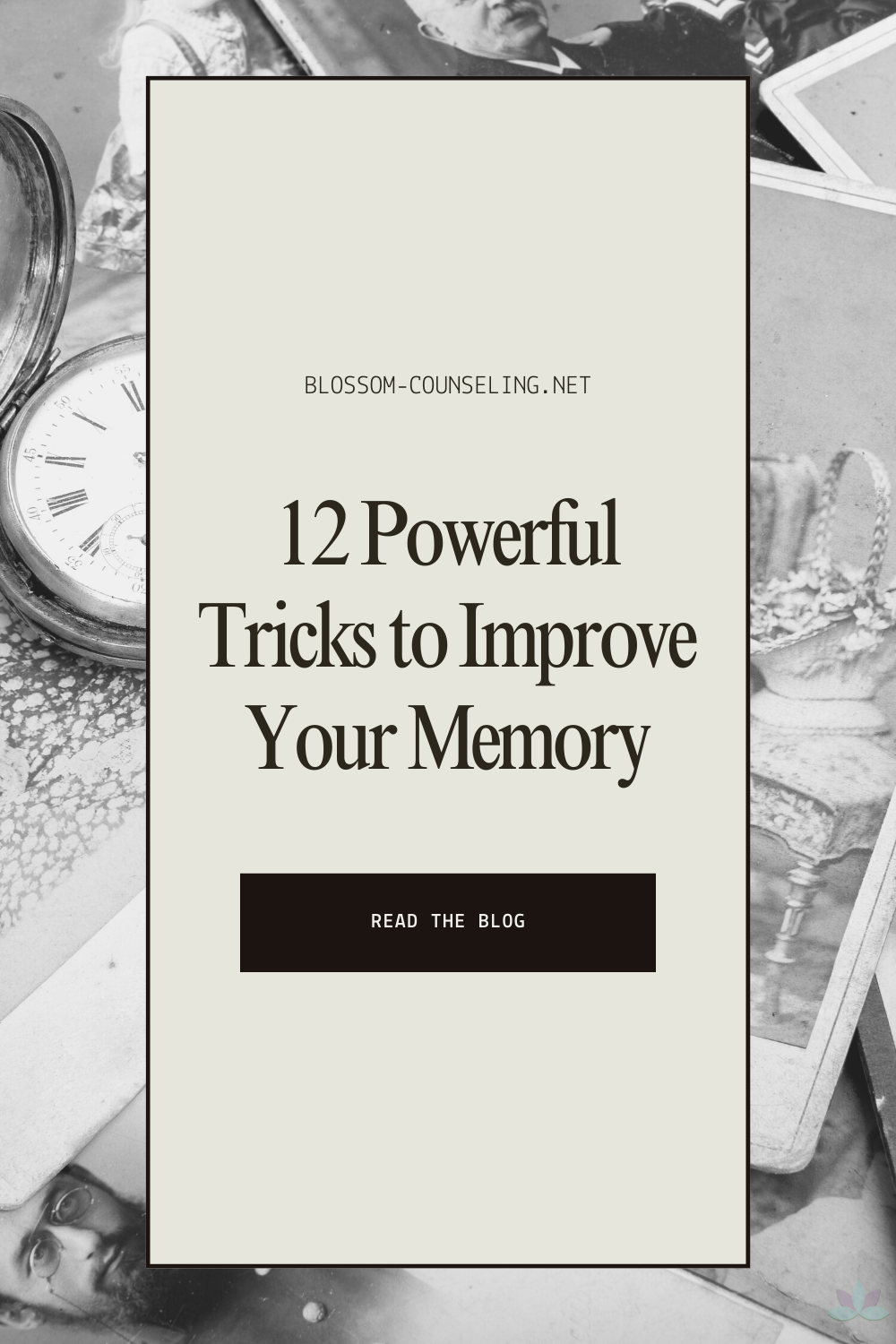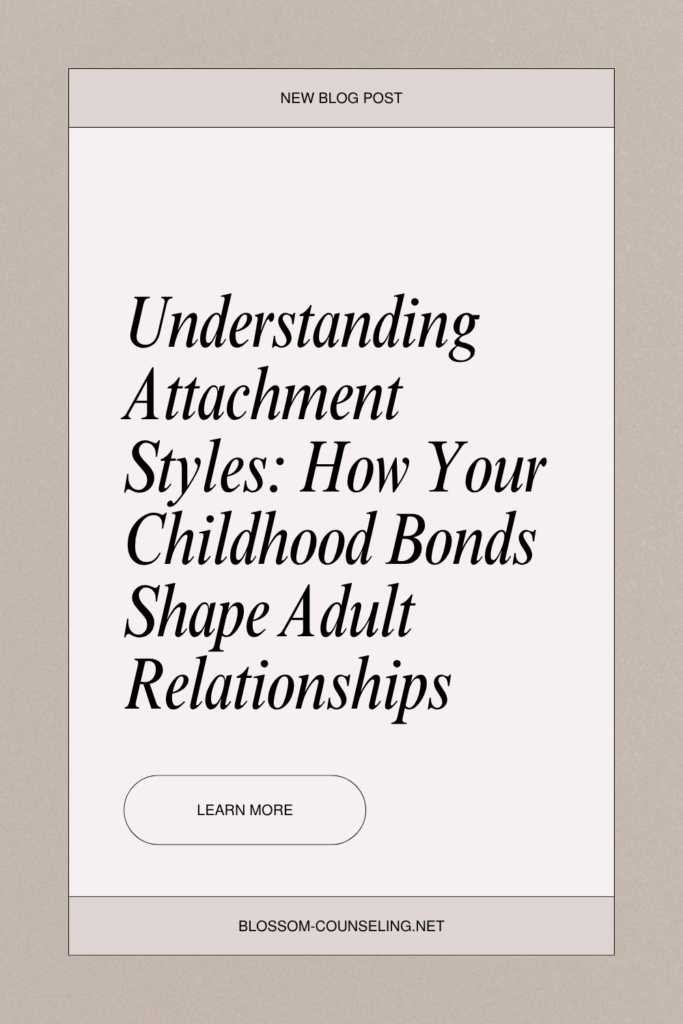
“Why can’t I remember anything?!” We all misplace our keys or forget why we went into the other room sometimes, but if you’re finding this happens to you more often than you’d like, you may think you’re experiencing problems focusing. But oftentimes, these are signs of poor working memory.
Tangent time. I originally was going to focus this post on ADHD. I had a rough draft in my head with a plan to discuss all these amazing techniques for enhancing your memory when you have ADHD.
Then I realized… we all have memory, duh. And you can struggle with memory and information retention even without an ADHD diagnosis.
Why is remembering so difficult sometimes?
Your brain and body are full of chemicals, each with its own special purposes. Two neurotransmitters that influence memory are dopamine and norepinephrine, which control brain arousal and attention. When these chemicals are low, we struggle to maintain focus and remember things.
There are so many situations that can cause a decrease in these chemicals. ADHD, depression, Parkinson’s disease, stress, and poor nutrition are each contributing factors to low levels of dopamine and norepinephrine. If you’re struggling with memory issues, talk with a professional to find out if any of these conditions is contributing to your situation.
Understanding memory
I love the science of psychology and creating a foundation before diving into techniques. Let’s talk about what memory is and how this impacts information retention.
Memory is sort of like a computer – it’s a set of processes that encode, store, and retrieve information, in that order.
When information gets encoded, we can easily remember certain things automatically, like what we had for lunch or what happened on our favorite TV show. But other times, this encoding requires effortful processing – you put in work and attention in order to remember stuff.
Once you’ve encoded a piece of information, your brain stores it. And this is where we ultimately want to focus today!
In a nutshell, we’ve got three stages of storing memory: sensory memory, short term/working memory, long term memory. We’re focusing on working memory today.
Working memory can hold two to four chunks of information at a time for about four to eight minutes. Then, your brain needs time to process the new information so it gets put into long term memory. Any information that is not processed/stored is lost.
No matter what you do, you need working memory to help you do it. It helps you stay focused and engaged with a task. When you’re experiencing difficulties with working memory, you may notice:
- You consistently lose things
- You forget what the other person has just said in a conversation
- You forget things you need at the store, or to bring home with you from work or school
- You miss due dates and deadlines
- You have to reread things several times to feel like you understand it
- You leave a lot of tasks unfinished because you get distracted
- You get lost easily even when you’re given directions
You can’t force focus but you can create an environment for it thrive, and you can use techniques to optimize your memory retention.
Improve your working memory
[ngg src=”galleries” ids=”2″ display=”basic_imagebrowser”]
|
|




